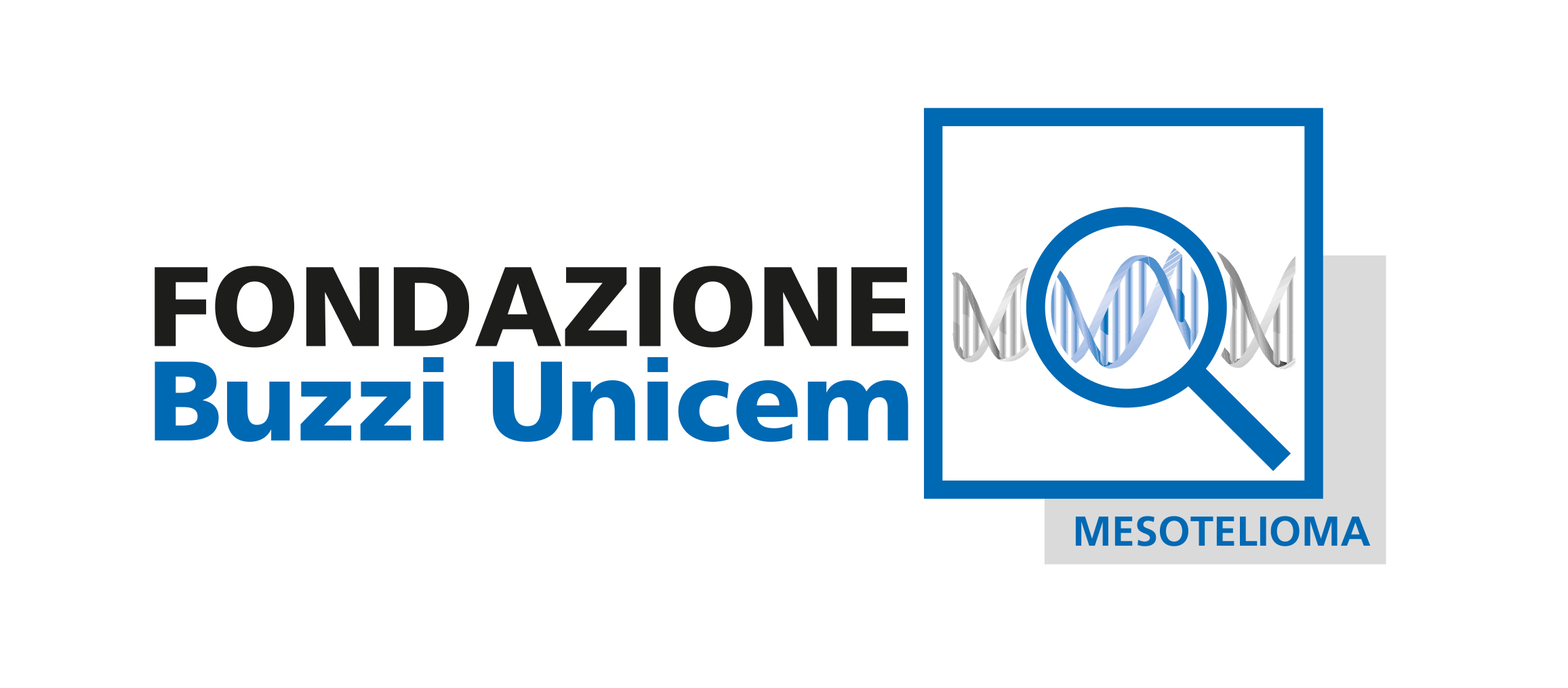Identification of the mechanisms of resistance and new molecular targets in stem cells derived from human malignant pleural mesothelioma
SUMMARY OF THE RESEARCH PROJECT
FUNDED BY THE BUZZI UNICEM FOUNDATION
PROJECT LEADER:
Tullio Florio (PhD)
SITE:
University of Genoa
PROJECT STATUS:
Completed
RESEARCH SUMMARY:
Cancers, including MPM, contain tumor-initiating cells (TIC), which are a subpopulation of tumorigenic cells that are capable of self-renewal and differentiation and are also drug-resistant.
The functional characteristics of TICs are responsible for the formation, progression and spread of cancer. The potential use of drugs that target TICs together with standard chemotherapy presents an interesting prospect for the treatment of MPM.
The main purpose of this project is to characterize the processes that regulate the proliferation and drug-resistance of MPM through molecular and pharmacological approaches, using as the experimental model cultures of TICs that have been isolated from human MPM and are characterized by the expression of stem cell markers and tumorigenic properties.
Various mechanisms are thought to be responsible for the drug-resistance of TICs: a) over-expression of ABC membrane transporters (ATP-binding cassette); b) high activity of the DNA damage repair enzymes; c) relative quiescence; d) reduced sensitivity to apoptosis; e) altered expression of the growth factors involved in the stem cell phenotype.
This project proposes analyzing the drug-resistance mechanisms of MPM TICs with respect to their sensitivity to both cytotoxic and molecularly targeted drugs that are used in current practice. The study will be conducted parallel in the corresponding differentiated cultures and MPM cellular lines to investigate the correlation between stem cells and drug-resistance. The interaction between growth factors and chemokines induces the activation and/or deregulation of intracellular pathways responsible for proliferation and drug-resistance. The study will therefore focus on the role of growth factor tyrosine-kinase receptors and chemokine receptors, particularly CXCR4, as mediators of tumor growth and potential drug targets for TICs. The expression and activation profiles of these molecules in the TICs will serve as the basis for using drugs alone and/or in combination with others to optimize cytotoxic activity. The most effective drugs will be used in an in vivo study of tumors obtained from TICs transplanted into immunosuppressed mice.
The purpose of this study is to identify the biomarkers and intracellular pathways associated with drug response in MPM, using TICs as the experimental model for identifying effective drugs and new treatment approaches.
